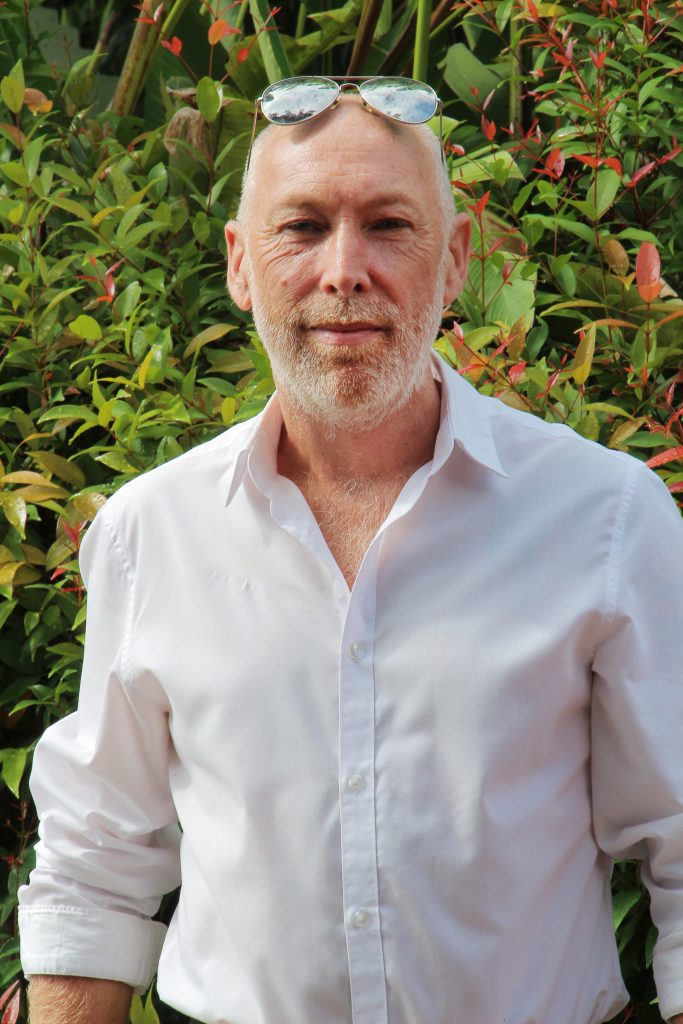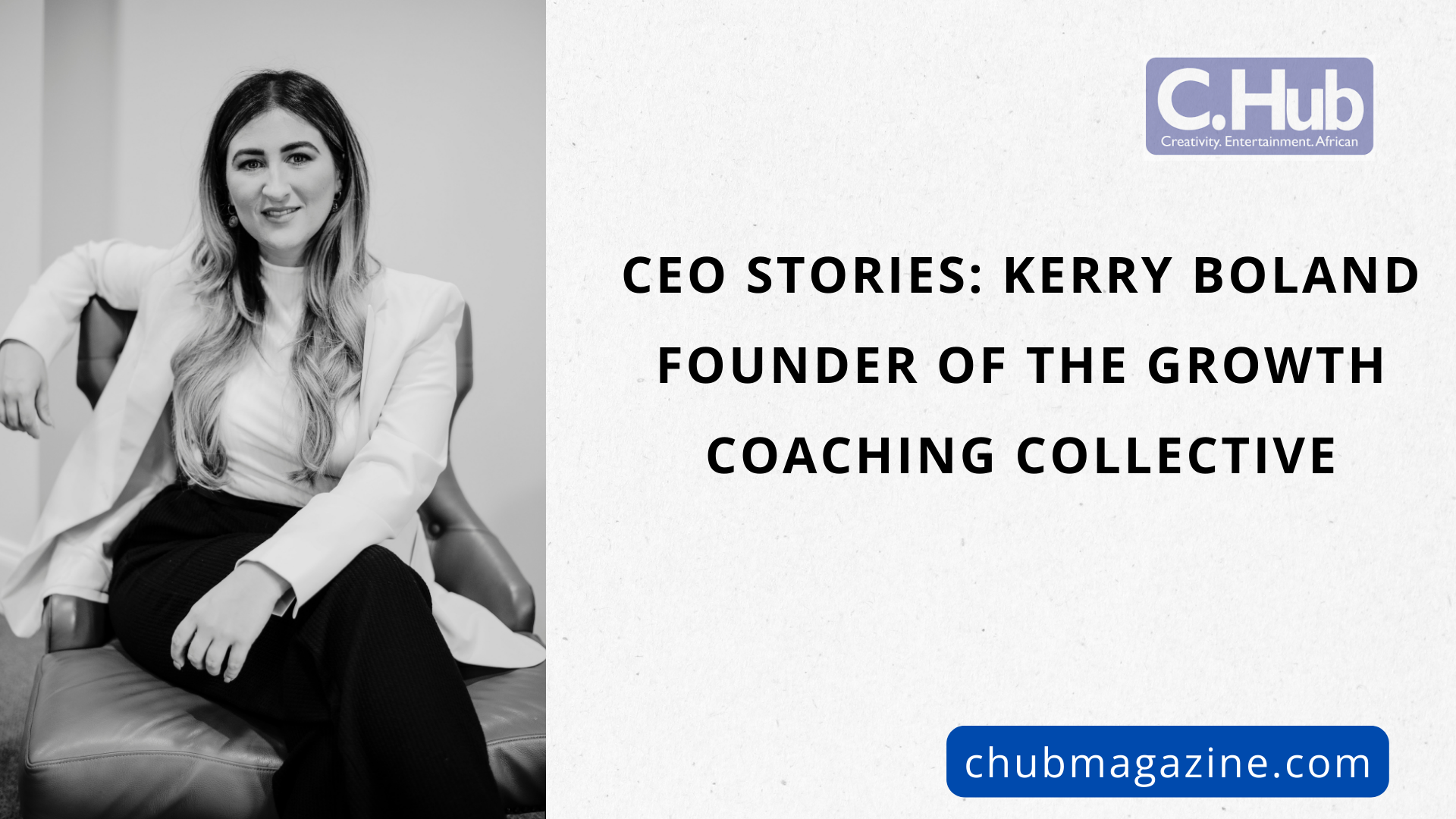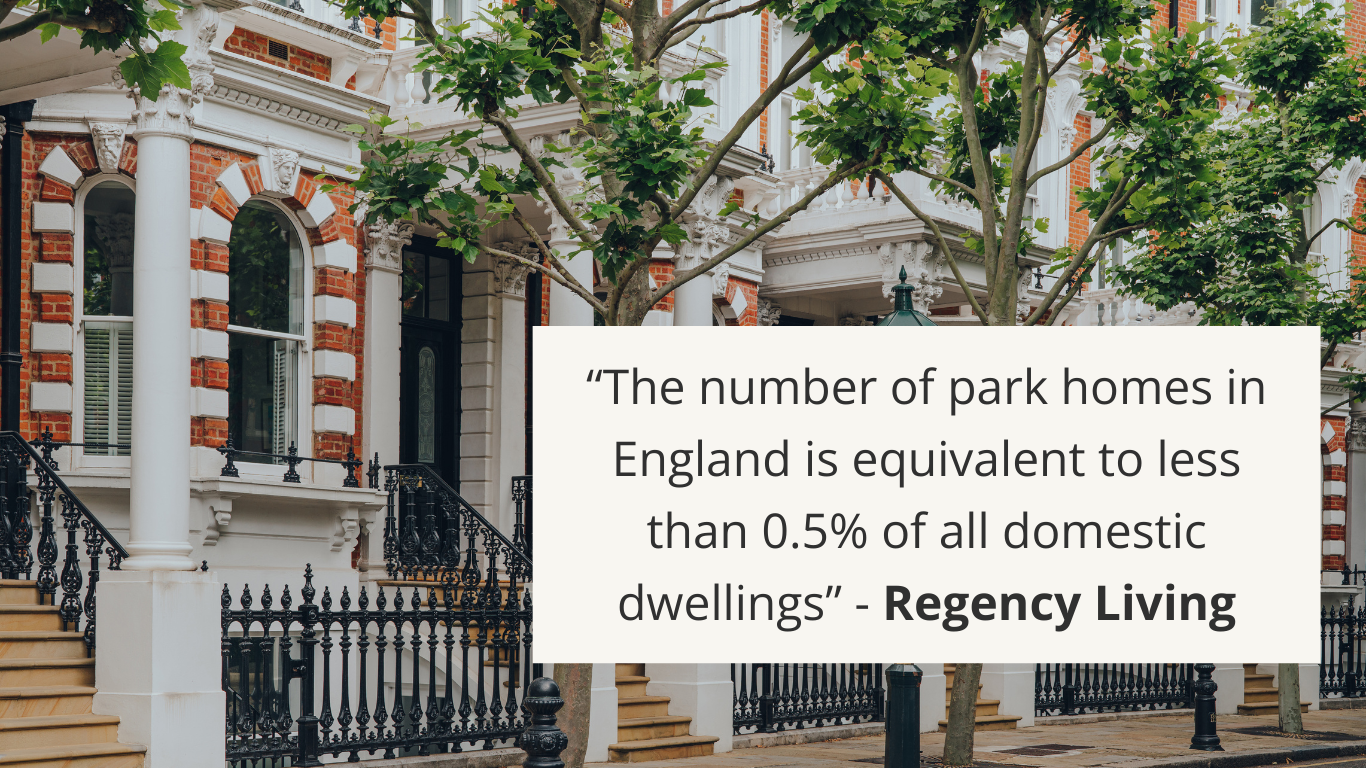
Throughout the pandemic, we saw increasing numbers of people suffering from anxiety, depression, loneliness, and other mental health concerns. Addictive behaviours with social isolation and the loss of human connection resulting in some of the nation turning to alcohol and in some cases drugs as a coping mechanism were seen to be also on a sharp rise.
For many people, the pressures of the pandemic played a role in deteriorating their mental health. Lee Hawker-Lecesne, Lead Therapist and Addiction Counsellor at The Cabin, looks at how the Covid-19 crisis has created a perfect storm of social prohibitions, isolating restrictions, traumatic losses, and relationship turmoil that will lead to a legacy of mental health problems for large numbers of people for many years to come.
Key Statistics:
- The National Drug Treatment Monitoring System revealed 3459 new cases of adults seeking treatment for drug addiction, a 20% rise from April the previous year
- The Global Drug Survey highlighted an increase in the taking of illegal drugs with a 44% rise in the use of cannabis and 28% increase in the use of prescription drugs
- Public Health England revealed that in June 2020 8.4million people were drinking higher levels, an increase from 4.8 million in February that year
Addiction/Poor Mental Health Warning Signs
- Distinct changes in mood and personality such as lack of motivation
- Impulsive behaviour and acting out of character
- Changes in friendship circles and/or withdrawal from family life, work, and social situations
- Financial problems/concerns
- Change in daily routines
- Lack of concern about appearance and personal hygiene
- Isolation
- Anger management issues
- Changes in appetite and weight
- Changes in sleeping patterns
Addiction Counsellor Lee Hawker-Lecesne comments: “Increased drug and alcohol use during the most austere phases of the pandemic has for many, been the flawed antidote to the associated prohibitions, restrictions, loss of liberty and enforced isolation that have defined the pandemic. There will I believe be a darker and enduring legacy that we have not yet lived through. The acute impacts of COVID 19 will see increases in psychological vulnerabilities, especially within individualistic societies where resilience and mental resourcing is often more susceptible to the shock caused by acute catastrophes”.
Most addicts typically rely on their substance or behaviour of choice to block unwelcome emotions from overwhelming them. What addicts fear above all else is fear itself and to be left alone with this. Since The Cabin’s relaunch this year, a significant number of clients who have been admitted for intensive inpatient treatment have reported that the pandemic left them with little to do other than face their feelings of unbearable sadness, fear, and regret.
Since the outbreak we have seen both an acceleration and progression in addictive symptoms informed by unresolved grief, isolation, domestic violence, acute and complex trauma, marked financial insecurity and identity crises. Much of the crises of identity reported by clients who are now in treatment present with ego-dystonic symptoms; these are characterised by thoughts, impulses, and behaviours that clients report as either repugnant, distressing, unacceptable or inconsistent with their self-concept.
Lee continues: “COVID 19 has created a whole cross section of society who have been forced to endure long periods of uncertainty and isolation. For a significant number, it is likely that the distal longer-term progression of cases that warrant inpatient care will correlate with the proximal increases in substance and alcohol use we have seen during the pandemic. Not everyone who develops a substance or alcohol problem is a rapid progressor but even with a time lag factored in, these cases will ultimately emerge and will translate into inpatient admissions in the near to medium future”.
It is important for someone who has addiction issues to get help, reclaim their life and get out of the vicious cycle of addiction. The sooner you or your loved one gets help, the better their chances are of recovery which is why it’s important to seek help at the very first signs of addiction.

Lee Hawker-Lecesne, the Lead Therapist and Addiction Counsellor at The Cabin, Asia’s most respected rehab, in Chiang-Mai, Thailand, which was recently awarded the “Mental Health and Addiction Rehab Service Provider of the Year in Asia-Pacific” at The Global Health Asia Pacific Awards. Heading the clinical programme, Lee works individually with clients creating bespoke treatment plans, and has successfully treated over 5,000 inpatients.













Comment